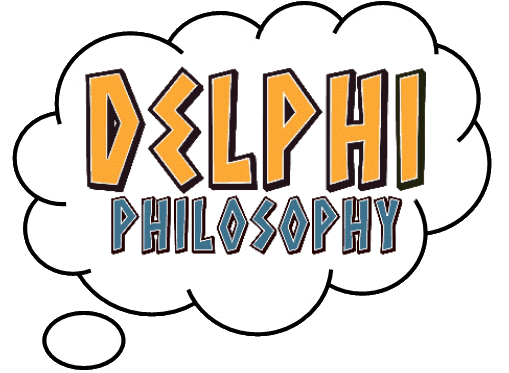Teaching with Delphi
.jpg)
How does it work?
Delphi Philosophy stories are philosophy class novels for primary and early-secondary age children – written so that all the essential questions and discussions are built into an engaging and exciting story. Different stories are written for specific age groups, though all stories may also be appropriate for any age group depending on context and level of experience.
The stories can be used as a one-off lesson or as an extended series of lessons. The accompanying schemes of work are written to delve deeper into Delphi’s story and develop specific thinking skills but much of the benefit of the scheme can be gained by simply using the story as a class novel. Each lesson and chapter focuses on different thinking skills, such as asking questions, giving reasons or discussing abstract ideas.
By reading the story aloud and leading children through the questions and activities that accompany it, you will lead children in developing increasingly more sophisticated thinking skills.
What do the children learn?
Delphi Philosophy is all about developing children's listening, questioning, reasoning and explaining skills - as well as all the benefits that come from teaching philosophy.
The stories and the questions they contain are based around a skills progression framework that ensures children make progress. At the start of a scheme of work, the children learn simple skills like asking 'why' questions or using 'because' to give reasons. By the end they will have progressed to be able to evaluate philosophical arguments and present their own ideas! But it doesn't matter your starting point - all the questions in the scheme are easy to access but challenging enough to suit any more experienced philosopher.
To support children in making this progress, we have a secret weapon: sentence stems!
What are sentence stems?
These are the structure of sentences we use to express what we are thinking. For example, we might say ‘I agree with that because…’ or ‘If … then …’ Sentence stems are used to help the children express what they are thinking in a clear and logical way. The guidance notes alongside the story will show you when to use a sentence stem and some examples - you'll find everything you need in our resources.
Read our full Teacher's Guide here
or use the links below to explore more about Delphi Philosophy!
